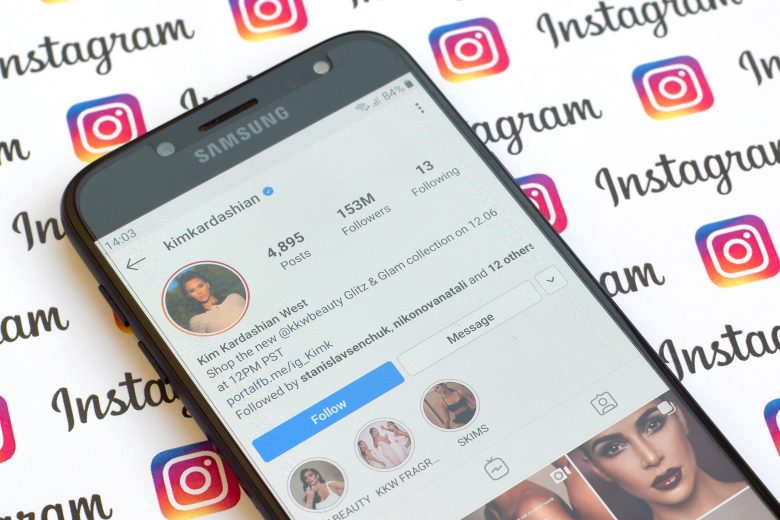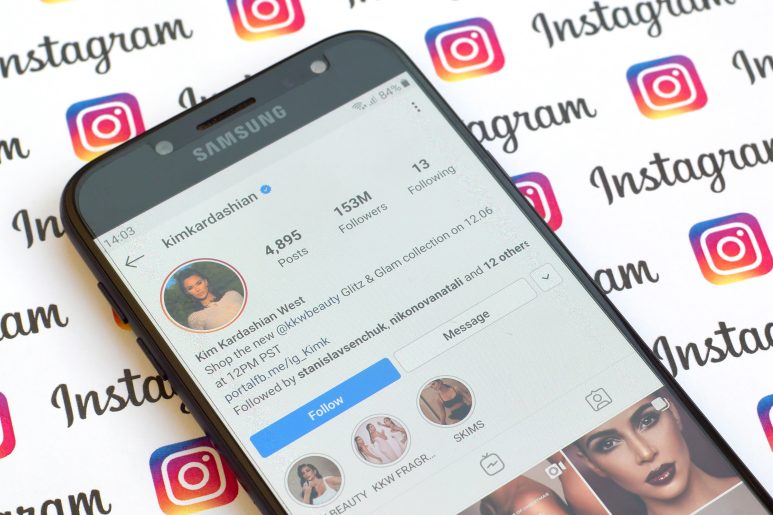By Alexandra Alexandrova, freelance journalist with MDI Communications team
In an online environment flooded with influencers pushing users to indulge in consumerism with every click, this year’s Met Gala became a tipping point for many young people watching the rich and famous displaying their wealth while remaining silent in the face of war, famine, and deepening social inequalities around the world.
The Met Gala, the rich and a young generation in motion

The Met Gala is an annual couture fashion fundraiser, bringing together an exclusive group of celebrities, influencers and fashion gurus to Manhattan, organised by the magazine Vogue. Usually, the week of the event is marked by anticipation and fascination for the costumes however, this year’s prompted a viral #Blockout2024 online campaign which was compared to a guillotine in digital spaces.
The victims were kings and queens of social media influence such as Kim Kardashian, who lost 3 million followers in less than a day as a result of this digital action. Were the influenced about to overthrow the influencers?
With a ticket to the Met Gala costing 75,000 dollars, in an economy where an increasing number of people struggle to make ends meet, social media audiences were left to wonder – are we living a dystopian reality, imitating scenes of the Hunger Games, where the lower class is made to fight for their lives, as the rich use them as laughing stock indulging in their wealth?
The outrageous divide created by the images of the rich and beautiful triggered the ‘social media guillotine’, as many felt that celebrities and influencers carelessly show off their access and privilege, becoming ever so out-of-touch regarding pressing global issues, such as the ongoing wars in Gaza, Congo and Ukraine.
While youth of each generation have historically been on the front lines of social change, Gen Z, is taking command of digital spaces to coordinate their action, build networks, and use their voices for change. in This is the first generation to have such power of narrative online, combining online and offline forms of activism.
“Gen Z are angry – and unafraid to speak up,” wrote Megan Carnegie for the BBC in an article about digital activism. As they watch parts of the world attempt to sleep hoping a bomb does not wipe out their whole family, as people struggle to bring food to the table or find affordable housing , today’s youth are using social media to build coalitions and act. Their cutting-edge use of digital tools, commitment to intersectional issues, and inclusive approach are influencing contemporary social movements.
The long-term impact
The key tipping point for many social media users was Instagram influencer Haley Baylee’s TikTok post during the Met Gala, lip synching to an alleged quote by Marie Antoinette saying “Let them eat cake”. While Antoinette most likely never uttered these exact words, the implication that the phrase carries prevails: the ruling class’ obliviousness to poverty, famine and civil unrest. Haley’s video, which has been deleted, made her the first target of the Digital Guillotine of mass blocking.
The movement insisted on concentrating its efforts on a few celebrities at a time. Kim Kardashian, Taylor Swift and Selena Gomez, a few of the most followed celebrities online, for example, lost thousands of followers on the day that the Guillotine was announced, as they had not used their massive platforms and resources to call for an end to the war on Gaza.
A few months later, we see that the campaign has dialed down. It does not compare to the prominence of movements such as the Black Lives Matter which started in July 2013 and collected 44 million #BlackLivesMatter tweets from nearly 10 million distinct users on “X” from July 2013 through March 2023 or #MeToo.
While the #Blockout2024 campaign was a short-lived mass online action, it goes to show how users can take some control of the information flow which is in their hands.
Youth digital action worldwide
As we write, youth-led anti-government protests in Kenya are intensifying, demanding structural change, social justice and economic reform. In this case, the digital tools and strategies used by the protesters are taking activism to a whole new level, writes Job Mwaura in an article for The Conversation, observing how this unique social movement has moved from the digital space to the streets, leading protesters to “prioritise common concerns over ethnic divisions”.
Social media is subject to government censorship and interference. In early 2024, Meta, the company behind social media giants Facebook, Instagram and WhatsApp, was cracking down on political content. Recently, human rights groups urged Meta to stop pro-Palestinian content ‘censorship’. But despite these challenges, the impact of digital activism cannot be ignored. It has transformed how youth unite, share information, and call for change.
The social media Guillotine and the protest in Kenya, and other movements before them, such as the climate protests Fridays for Future, have demonstrated that young people today have clear concerns about their future and the world they live in and they know how to use digital tools to organise and express themselves effectively. It is not a revolution, it is a digital action!
Pictures from shutterstock.com
Disclaimer:
The views and opinions expressed in this article are solely those of the author and do not reflect the official policy or position of the Media Diversity Institute. Any question or comment should be addressed to [email protected]

